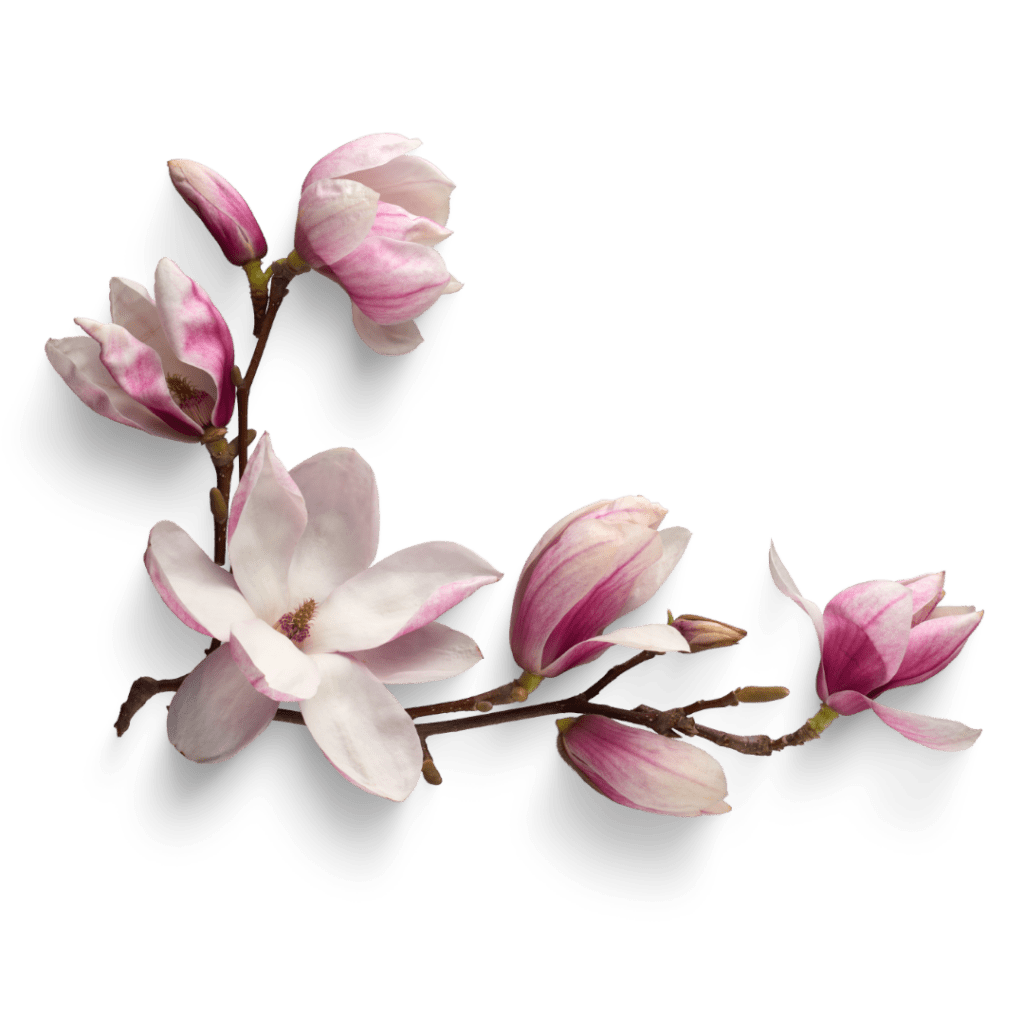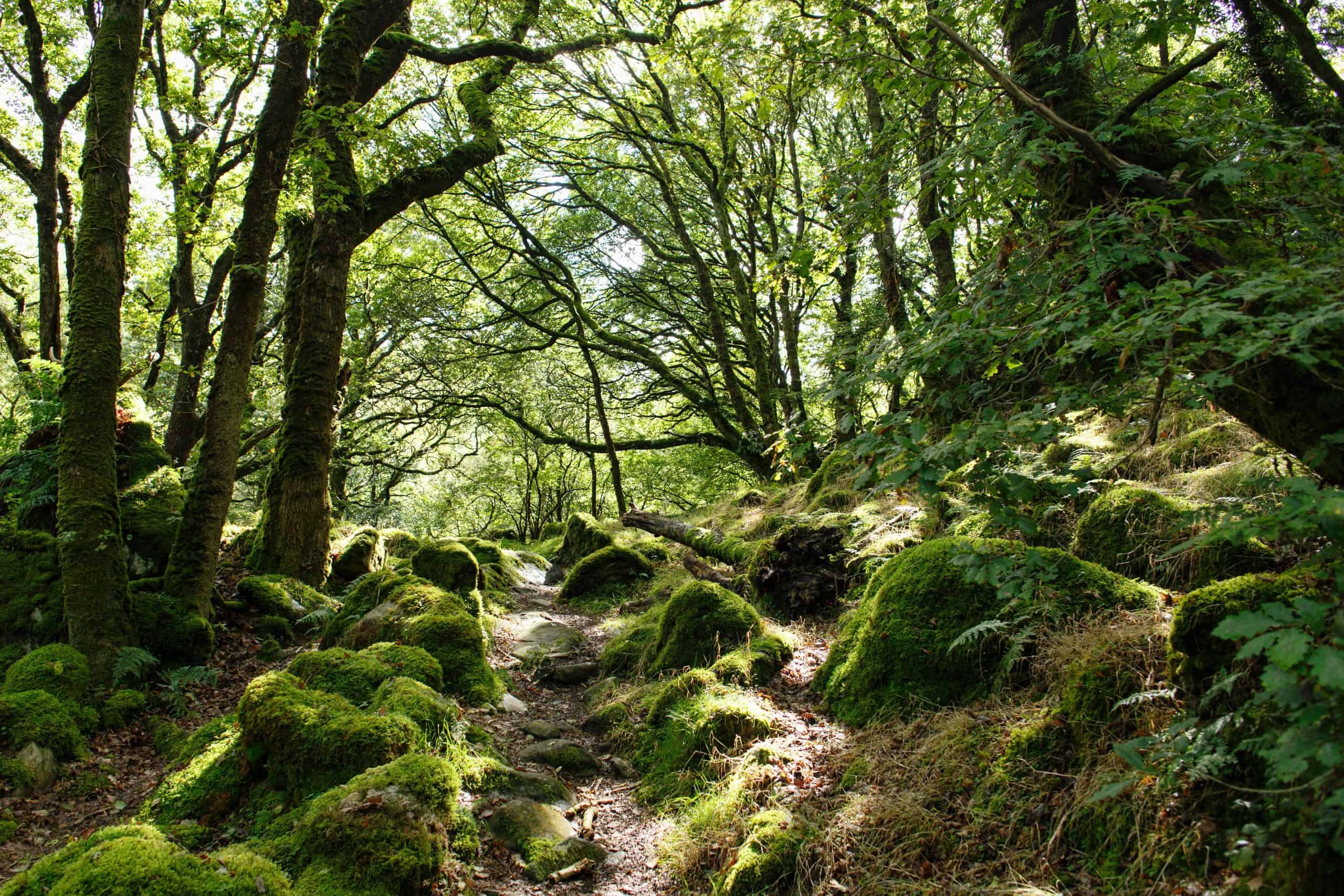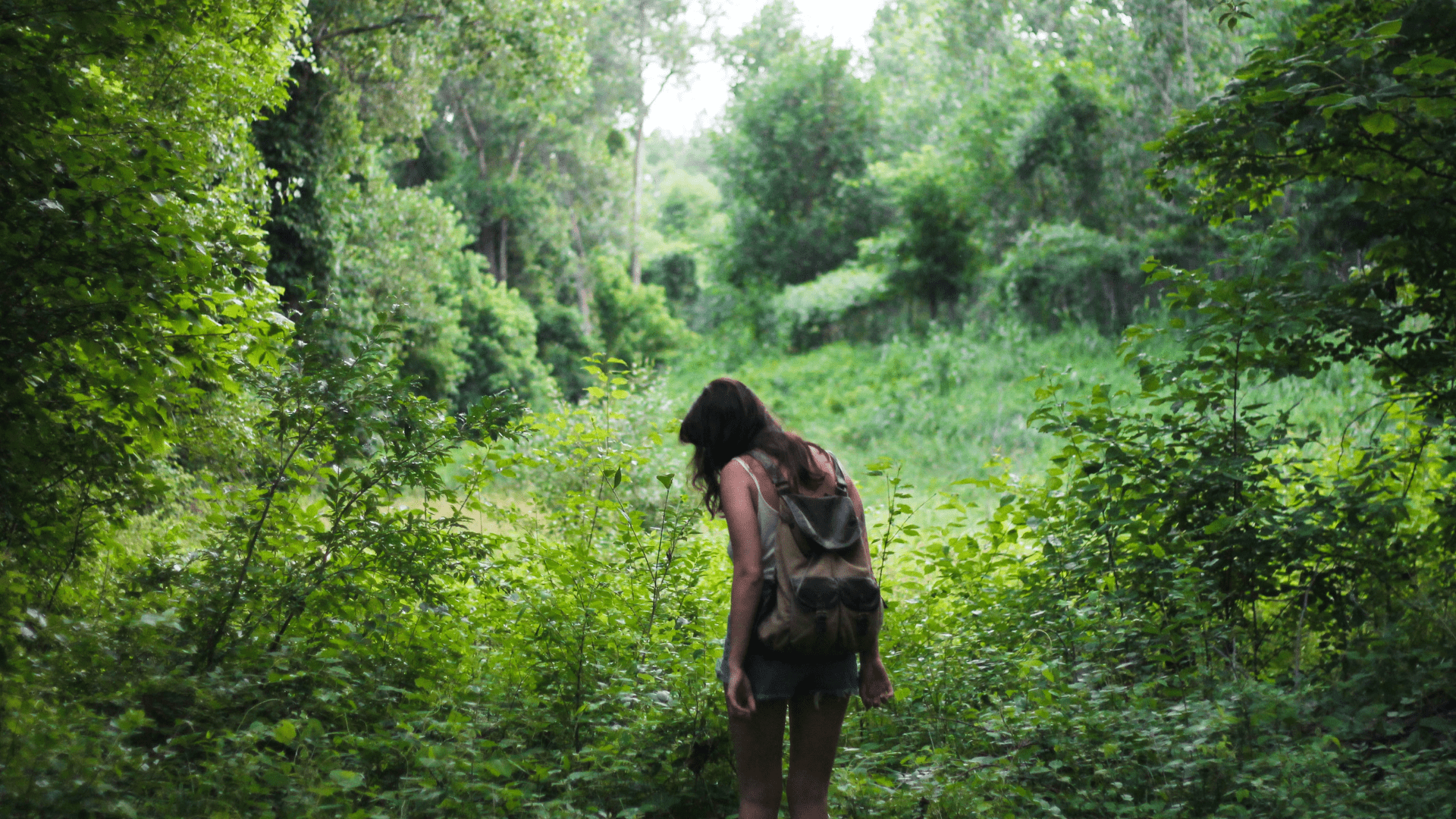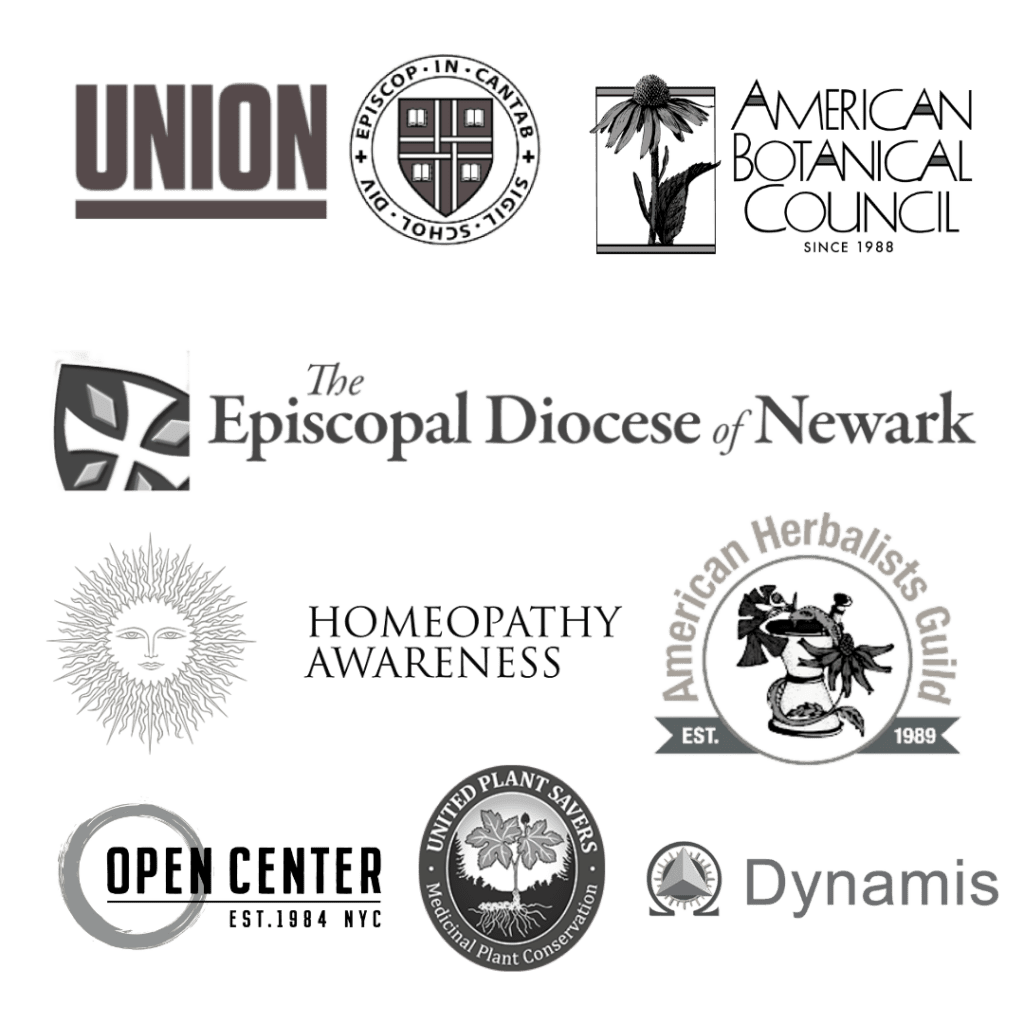– T.S. Eliot
If we listen with all of who we are and allow a deeper connection with nature, creation, and our calling we can continue the powerful work of integrating ecology, theology, and collective healing as a sacred path to gentle, effective restoration and wholeness for ourselves and for the earth. —Peeka Trenkle, MDiv

For decades I have held a future-oriented vision – one in which the complicated problems of our time will take time to heal – but that the seeds we plant now by how we think and act and care for one another will be a gift to the generations who come after us. I have held a lifelong devotion to the divine and my ministry has always had to do with healing. In my work with clients and students, my mission has been to encourage faith and hope in the power of the healing process through the redemptive capacity of nature. This work includes helping others to understand the pace, place and ratio of our interactions with the earth. This mission also encourages a reconnection with nature/creation in a way that fosters a sense of the sacred and a sense of belonging and purpose. What is pivotal in my work is the idea that the health of the earth and our obligation to future generations must be central to any endeavor going forward.
There are three main goals of bioregionalism
Health is our ability to adapt to our environment. The level of our vitality determines our ability to either adjust to a situation or to move away from it. But at a certain point, if our environment is too toxic, adaptation is no longer healthy, and eventually, if we continually move away to cleaner, better places without addressing the mess we have made, we run out of places to go. This is the juncture at which personal health becomes environmental health. Bioregionalism is a system for living that emphasizes the importance of the natural world and a participatory relationship with the place where we live. A bioregion, eco-region, or life-place, is a land area whose boundaries are determined by the terrain, topography and watersheds within it rather than by state or county lines. Each region has its own unique form and pattern, its own watersheds. It is an area that sustains an interrelationship of natural characteristics which includes animals, plants, pollinators, soils, waters and climate.

The first and primary goal is restorative ecology, a way of living that seeks to restore and maintain local, natural systems including waters, watersheds, plants, soil ecology, and wildlife. This is an active process of conservation and healing. A bioregional worldview places highest importance on the health of the natural terrain, whether that terrain is comprised of wilderness, suburbs or cities. The focus is on restoring the natural integrity of the region.

The second goal is to work towards providing basic needs: food, water, housing, energy and commodities to the inhabitants of the region in sustainable ways from within the region. This is becoming a somewhat more popular idea now with the proliferation of farmers’ markets, CSA’s and restaurants featuring local foods. But there is still little awareness about our soils or our waters – where they come from and where they go when we flush them away – and we live in ways that are divorced from these issues. The loss of habitat and the extinction of species are abstract concepts when we can get our food from a supermarket and our water from a tap. But when we begin to source our basic human needs locally, it becomes imperative to pay close attention to climate, weather, growing season, and health of the land.

Thirdly, bioregionalism works to support proactive education, employment and re-inhabitation of the land. To this end, educational curricula of all levels are designed to teach the importance of the natural world and our relationship to it. The goal of re-inhabitation is a long-view goal, perhaps taking a century or more to implement fully. It includes fostering an understanding of the history of the region along with knowledge of the land.
Restoration & Conservation

Local Sourcing

Education

Reinhabitation

Bioregionalism fosters a kind of stewardship of the earth that has been sorely lacking during the last several generations. It is a vision for healing the earth while also creating better living for ourselves. It is not about relinquishing technology or culture, but about living on the earth in ways that do not exceed the carrying capacity of the land and developing ways of drawing on the local resources without also using up those areas as living space. It is not only the natural terrain and animal life that defines a region, but also human culture. A bioregional worldview includes cities as important structures and as centers of culture and commerce. The use of technology is included in a bioregional vision if it is sustainable or contributes to a vision of sustainability. Living within the cycles of nature there is a place for innovation, but without exploitation. In fact, we most likely cannot survive the environmental predicament we are now in without many technological solutions.
Each bioregion is both independent and self-sustaining but also interdependent with other regions. Networks of water, migrating birds and animals, winds and weather patterns cross natural boundaries so that each region can affect the next positively or negatively. But the most important aspect of a bioregional worldview is the idea that we, as human beings, take into account our right relationship with the place we live, understanding that our region can provide us with most, if not all, of what we need.
Our own wellbeing is ultimately dependent on the wellbeing of our environment. Living locally, eating the foods, drinking the waters and using the medicinal plants of our region will help to keep us healthier as individuals and also help us to re-inhabit the place we live with a more physical, cellular, and natural connection.
“…when one comes into a city to which he is a stranger, he ought to consider its situation, how it lies as to the winds and the rising of the sun; for its influence is not the same whether it lies to the north or the south, to the rising or to the setting sun. These things one ought to consider most attentively, and concerning the waters which the inhabitants use, whether they be marshy and soft, or hard, and running from elevated and rocky situations, and then if saltish and unfit for cooking; and the ground, whether it be naked and deficient in water, or wooded and well watered, and whether it lies in a hollow, confined situation, or is elevated and cold; and the mode in which the inhabitants live, and what are their pursuits…”
– Hippocrates 400BC
Join the waitlist for future learning experiences, courses, and retreats.
Free Downloads
Learn more about healing ourselves and our world through connecting with the natural world, natural ways of living and the use of natural remedies.

Sign up for my newsletter

Denville, New Jersey 07834
Quick Links
Affiliations


